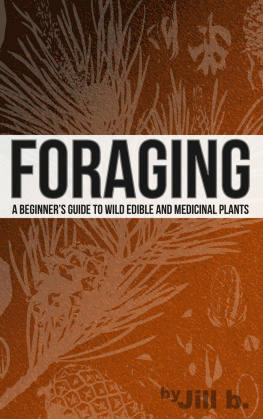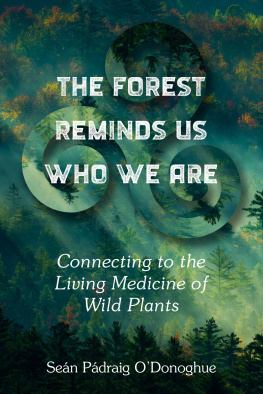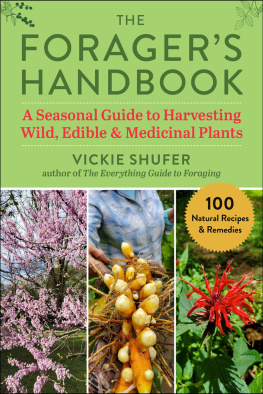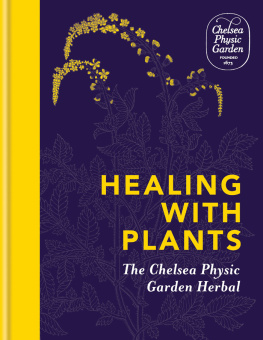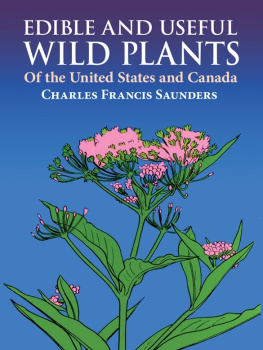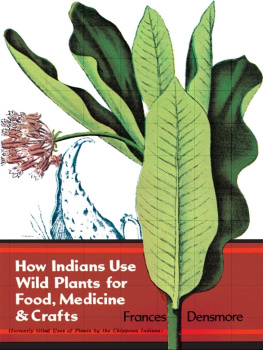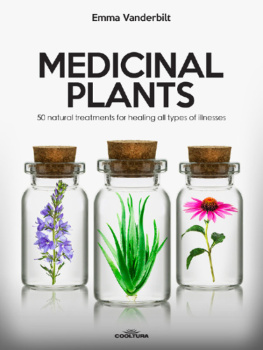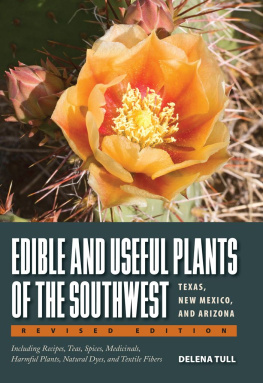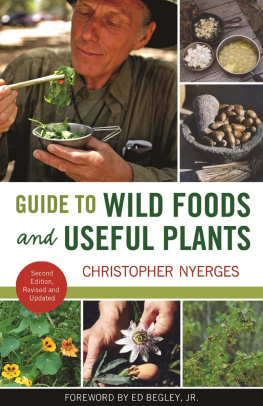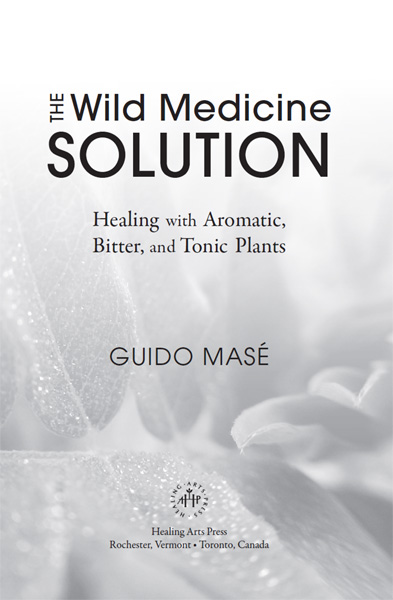Guido Masé - The Wild Medicine Solution: Healing with Aromatic, Bitter, and Tonic Plants
Here you can read online Guido Masé - The Wild Medicine Solution: Healing with Aromatic, Bitter, and Tonic Plants full text of the book (entire story) in english for free. Download pdf and epub, get meaning, cover and reviews about this ebook. year: 2013, publisher: Healing Arts Press, genre: Home and family. Description of the work, (preface) as well as reviews are available. Best literature library LitArk.com created for fans of good reading and offers a wide selection of genres:
Romance novel
Science fiction
Adventure
Detective
Science
History
Home and family
Prose
Art
Politics
Computer
Non-fiction
Religion
Business
Children
Humor
Choose a favorite category and find really read worthwhile books. Enjoy immersion in the world of imagination, feel the emotions of the characters or learn something new for yourself, make an fascinating discovery.

- Book:The Wild Medicine Solution: Healing with Aromatic, Bitter, and Tonic Plants
- Author:
- Publisher:Healing Arts Press
- Genre:
- Year:2013
- Rating:3 / 5
- Favourites:Add to favourites
- Your mark:
The Wild Medicine Solution: Healing with Aromatic, Bitter, and Tonic Plants: summary, description and annotation
We offer to read an annotation, description, summary or preface (depends on what the author of the book "The Wild Medicine Solution: Healing with Aromatic, Bitter, and Tonic Plants" wrote himself). If you haven't found the necessary information about the book — write in the comments, we will try to find it.
Explains how 3 classes of wild plants--aromatics, bitters, and tonics--are uniquely adapted to work with our physiology because we coevolved with them
Provides simple recipes to easily integrate these plants into meals as well as formulas for teas, spirits, and tinctures
Offers practical examples of plants in each of the 3 classes, from aromatic peppermint to bitter dandelion to tonic chocolate
As people moved into cities and suburbs and embraced modern medicine and industrialized food, they lost their connection to nature, in particular to the plants with which humanity coevolved. These plants are essential components of our physiologies--tangible reminders of cross-kingdom signaling--and key not only to vibrant physical health and prevention of illness but also to soothing and awakening the troubled spirit.
Blending traditional herbal medicine with history, mythology, clinical practice, and recent findings in physiology and biochemistry, herbalist Guido Mas explores the three classes of plants necessary for the healthy functioning of our bodies and minds--aromatics, bitters, and tonics. He explains how bitter plants ignite digestion, balance blood sugar, buffer toxicity, and improve metabolism; how tonic plants normalize the functions of our cells and nourish the immune system; and how aromatic plants relax tense organs, nerves, and muscles and stimulate sluggish systems, whether physical, mental, emotional, or spiritual. He reveals how wild plants regulate our heart variability rate and adjust the way DNA is read by our cells, controlling the self-destructive tendencies that lead to chronic inflammation or cancer.
Offering examples of ancient and modern uses of wild plants in each of the 3 classes--from aromatic peppermint to bitter dandelion to tonic chocolate--Mas provides easy recipes to integrate them into meals as seasonings and as central ingredients in soups, stocks, salads, and grain dishes as well as including formulas for teas, spirits, and tinctures. Providing a framework for safe and effective use as well as new insights to enrich the practice of advanced herbalists, he shows how healing wild plant deficiency syndrome--that is, adding wild plants back into our diets--is vital not only to our health but also to our spiritual development.
Guido Masé: author's other books
Who wrote The Wild Medicine Solution: Healing with Aromatic, Bitter, and Tonic Plants? Find out the surname, the name of the author of the book and a list of all author's works by series.

